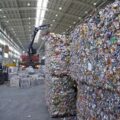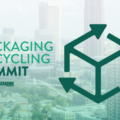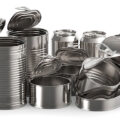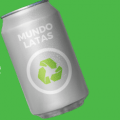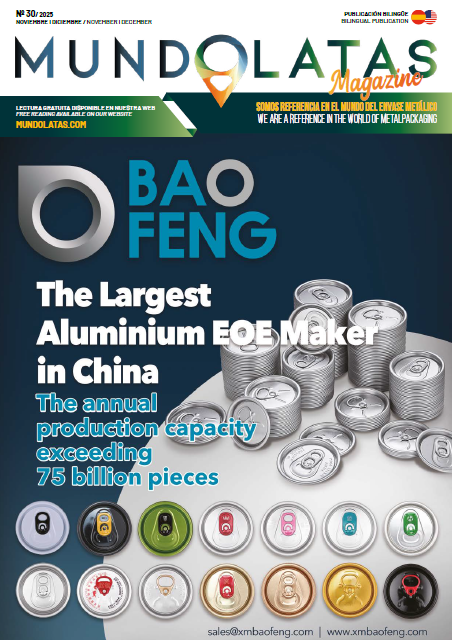The Maine Board of Environmental Protection sets final rules for the state’s extended producer responsibility law for packaging in these weeks.
The law, the first of its kind in the country when it was passed in 2021, is now among the five EPR laws for packaging in the U.S. It is scheduled to go into effect in 2027.
The finalization of the rules marks a key step in the process after years of deliberation, debate and petitioning. The state Department of Environmental Protection compiled hundreds of pages of comments to inform the development of the rules.
Members of the business community, including the Maine Chamber of Commerce, asked the state this week to pause this process as Maine’s proposed RAP (Extended Producer Responsibility) for the packaging structure diverged too much from other states’ models, creating potential regulatory problems for businesses and producers. Ameripen had also previously asked for a pause, but BEP (Beverage Packaging) moved forward at its Dec. 5 meeting.
Maine’s law, which covers most types of consumer packaging, is unique compared to packaging RAP laws in other states.
In Maine, producer payments will directly reimburse local governments for waste management costs. The amount each producer pays will be based on the volume they generate, as well as the recyclability or reusability of their containers. Maine’s law is considered a full municipal reimbursement model, meaning that producers pay fees, but leave the collection tasks to municipalities.
California, Oregon and Minnesota have a shared responsibility model in which municipalities receive rebates, but producers and municipalities share collection duties. In Colorado, producers will fund a statewide recycling program and assume a role in its management.
While some trade groups disagreed that Maine has a different system than other states, others who testified said they did not see this as a legitimate concern.
“Programs like this, as you know, have been operating successfully around the world for decades, literally 40 to 50 years in some countries. Absolutely none of those programs are harmonized with one another,”said Sydney Harris, Upstream’s policy director, who said this law was intentionally “tailor-made for Maine” and the unique needs of the state. Maine already has EPR programs for other products, such as batteries, paint, mercury thermostats and prescription drugs.


